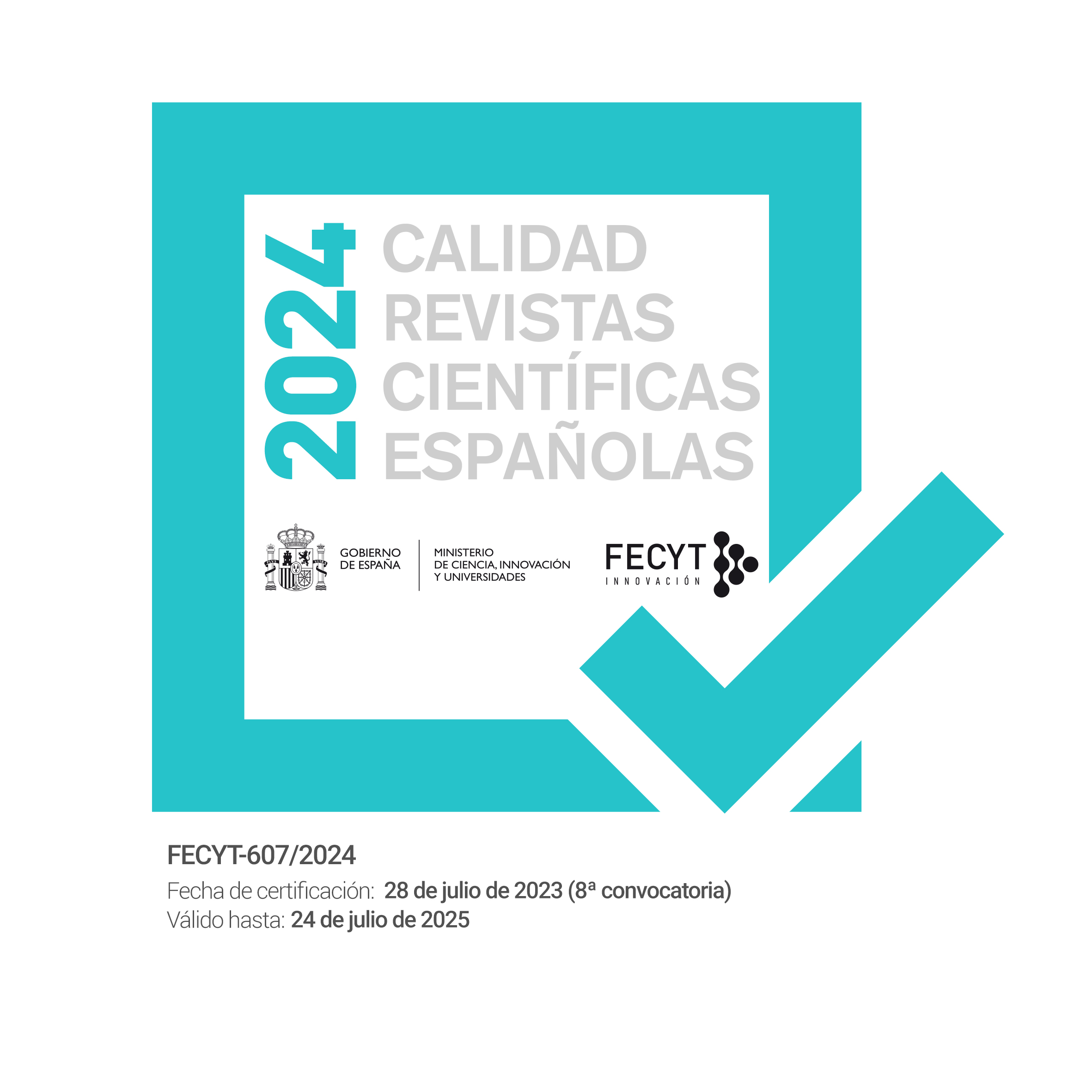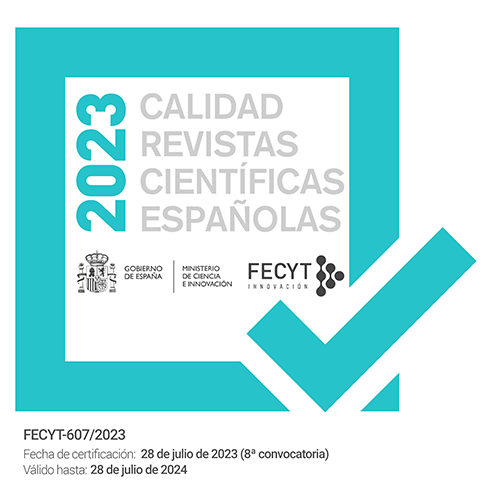Llamada a artículos del número 17 (noviembre de 2024): Transición energética y conflictos territoriales: hacia un modelo de gestión participativa
Energy transition and territorial conflicts: towards a participatory management model.
In a situation of clear and growing over-abstraction in the extraction and consumption of materials and energy, the relationships between energy use and forms of economic and social organisation are today of particular interest and concern in the social sciences. The end of cheap, abundant and highly concentrated energy, based on the use of fossil fuels (Turiel, 2022), together with forecasts of the effects of maintaining the current trajectory of GHG emissions, which, by altering the biosphere and its capacity to sustain us, would put our very survival as a species at serious risk, lead to the challenge of proposing profound changes in the models of production and consumption associated with the dominant "imperial way of life" (Carpintero and Frechoso, 2023).
The official response to these challenges has been the so-called "Green Pacts" (Pérez, 2021), which propose a supposed transition towards a 100% renewable energy model (with wind and photovoltaic collectors), together with the electrification of current infrastructures - especially mobility infrastructures with the expansion of the electric car - and the extension of digitalisation to all areas of life. All of this while avoiding the transformation of our lifestyles and maintaining the imperatives of growth and accumulation as priority objectives, fuelled by public funds and policies (Almazán and Riechmann, 2023).
The questioning of these green pacts covers various aspects. Among others, the very existence of a so-called energy transition in which, rather than replacing fossil fuels, new ones are being added while energy consumption continues to grow and GHG emissions continue to increase (Goldfrid and Arroyo, 2022; Franquesa, J. 2023; Riechman, 2023). Similarly, the limitations of renewables to sustain current levels of energy consumption are ignored, deepening the capitalist, patriarchal and colonial model of domination that sustains the status quo (De Castro et al, 2013).
Other critics insist that these processes reinforce the dynamics of neo-colonial extractivism and its territorial and social impacts, increasing the requirements and scarcity of materials (Valero et al, 2021) and maintaining dependence on fossil fuels. Dynamics that deepen the territorial division between rural areas of extraction (agriculture, mining, etc.) and other "sacrifice zones" and hegemonic centres of wealth accumulation and power, with the consequent increase in ecological deterioration and expulsion, exclusion and social marginalisation, generating different forms of conflict and resistance while new spaces of community and sociability emerge (Turiel, Bordesa and Pérez, 2022).
This issue of Habitat and Society aims to feed and enrich the ongoing debate on these issues with articles that explore and deepen both the analysis of the current situation and proposals for sustaining an energy transition that, within an ecosocial transition, would make it possible to live within the limits of the planet while meeting the basic needs of the population. We are particularly interested in receiving scientific articles that provide essential information for decision-making in participatory processes at different territorial scales, as well as articles that analyse cases of participatory processes of energy and ecosocial transition.
Bibliographical references
Almazán, A. and Riechmann, J. (2023) "Desafíos poliéticos de las transiciones energéticas" Arbor, 199(807):a689.
Carpintero, O. and Frechoso, F. (2023) "Energy, sustainability and transition: new challenges and pending problems". Arbor 199(807) a687.
De Castro, C.; Mediavilla, M.; Miguel, L.J.; Frechoso, F. (2023) Global solar electric potential: A review of their technical and sustainable limits" Renewable and Sustainable Energy Reviews, 28. 824-835.
Franquesa, J. (2023) "La transición energética no existe" El Salto. 12/2/2023
Goldfrid, D. and Arroyo, J.I. (2022) Elephants in the energy transition. CEPE Di Tella.
Pérez, A. (2021) Green pacts in times of pandemics. El futuro se disputa ahora. Libros en Ancción, ODG and Icaria.
Riechman, J. (2023) "Sobre transiciones energéticas y transiciones ecológicas" in Viento Sur 24/2/2023.
Turiel, A.; Bordera, J.; Pérez, A. (2022) "España, colonia energética del norte de Europa", ctxt, 4 June 2022.
Turiel, A. (2022) Without energy. A small guide to the great descent. Alfabeto Editorial.
Valero, A.; Valero, A.; Calvo, G. (2021) Thanatia. Material limits of the energy transition. Zaragoza University Press.
Coordinated by: Manuel Delgado Cabeza (University of Seville) and Félix Talego Vázquez (University of Seville).













